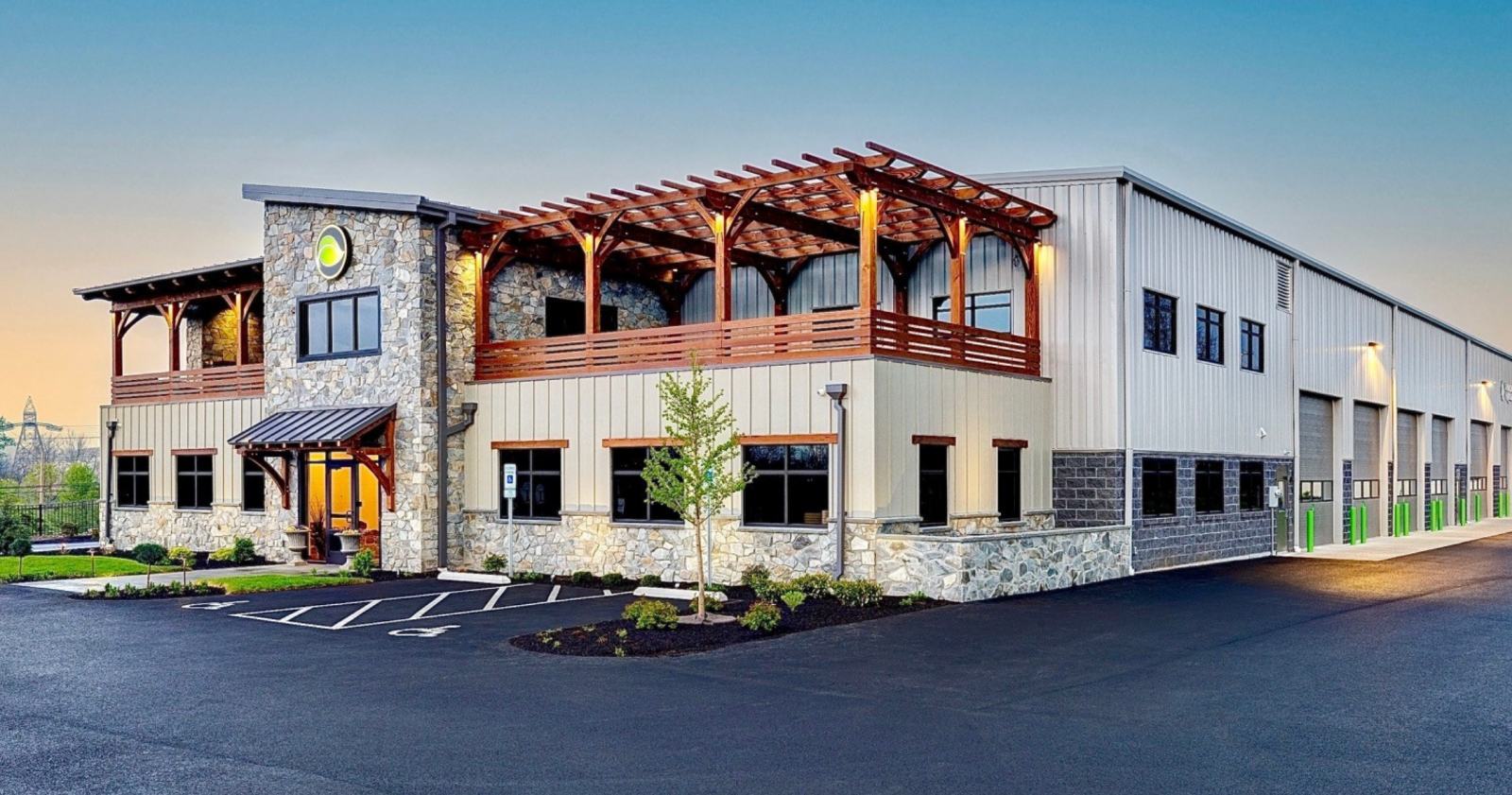
Introduction
Construction services play a vital role in shaping the infrastructure of cities and communities. Whether it’s building homes, offices, retail spaces, or industrial facilities, high-quality residential and commercial construction services ensure durability, safety, and functionality. This guide will explore the key aspects of both residential and commercial construction, their differences, and how to choose the right construction company for your project.
Understanding Residential Construction Services
Residential construction involves the planning, design, and execution of housing projects, from single-family homes to multi-unit apartment complexes. These projects require a focus on aesthetics, comfort, and structural integrity.
Types of Residential Construction
- Single-Family Homes: Standalone houses built for individual families.
- Multi-Family Homes: Duplexes, triplexes, and townhouses designed for multiple occupants.
- Apartment Buildings: Larger housing units that accommodate multiple tenants.
- Luxury Homes: High-end properties with premium finishes and custom designs.
- Renovations & Additions: Upgrading existing structures with modern features or expanding the living space.
Key Phases of Residential Construction
- Planning & Design: Includes blueprint creation, site evaluation, and material selection.
- Permits & Approvals: Ensuring compliance with local zoning laws and building codes.
- Foundation & Structural Work: Laying the groundwork and framing the building.
- Interior & Exterior Finishing: Installing plumbing, electrical systems, flooring, and paint.
- Final Inspection & Handover: Ensuring everything is up to code and move-in ready.
Understanding Commercial Construction Services
Commercial construction involves larger-scale projects designed for business operations. These buildings must comply with strict safety regulations, accommodate high foot traffic, and be designed for longevity.
Types of Commercial Construction
- Office Buildings: Spaces for businesses and corporate headquarters.
- Retail & Shopping Centers: Stores, malls, and shopping plazas.
- Industrial & Warehouses: Factories, distribution centers, and storage facilities.
- Hospitality & Hotels: Lodging establishments for travelers and tourists.
- Healthcare Facilities: Hospitals, clinics, and specialized medical centers.
- Educational Institutions: Schools, colleges, and training centers.
Key Phases of Commercial Construction
- Project Planning & Feasibility Study: Assessing costs, timeline, and viability.
- Architectural & Engineering Design: Creating functional layouts that meet safety standards.
- Construction & Site Preparation: Land clearing, foundation work, and building erection.
- Installation of Business-Specific Features: Elevators, HVAC systems, fire safety measures.
- Final Inspections & Compliance Checks: Ensuring regulatory standards are met before occupancy.
Differences Between Residential and Commercial Construction
While both sectors share common construction principles, several distinctions set them apart:
- Scale & Complexity: Commercial buildings require advanced engineering, while residential projects focus on livability and design aesthetics.
- Materials Used: Commercial structures often use steel, concrete, and glass, while residential homes feature wood, brick, and drywall.
- Building Codes & Regulations: Commercial construction must comply with stricter regulations due to public access and safety concerns.
- Project Timelines: Commercial projects take longer due to their size and complexity, whereas residential builds can be completed in a shorter timeframe.
- Cost Factors: Commercial construction generally has higher budgets due to the need for specialized materials and infrastructure.
How to Choose the Right Construction Company
Selecting a reliable contractor for residential and commercial construction services is crucial to ensuring a successful project. Here are key factors to consider:
1. Experience & Expertise
Look for a construction company with a proven track record in handling projects similar to yours. Experienced contractors are better equipped to manage challenges efficiently.
2. Licensing & Certifications
Verify that the company has the necessary licenses and certifications to operate in your area. Compliance with industry standards ensures high-quality workmanship and safety.
3. Portfolio & Client Testimonials
Review previous projects to assess the quality of work. Reading client testimonials can also provide insight into the company’s reliability and professionalism.
4. Project Management & Communication
A good construction company should maintain clear communication, provide project timelines, and keep you informed about progress and potential issues.
5. Use of Quality Materials
Ensure that the contractor uses durable, high-quality materials suited for your specific project needs. Cutting corners on materials can lead to costly repairs in the future.
6. Budget & Transparency
Request a detailed quote and ensure there are no hidden costs. A transparent contractor will provide a breakdown of expenses and a realistic project estimate.
7. Warranty & Post-Construction Services
A reputable construction company should offer warranties on their work and provide maintenance or repair services after the project is completed.
Conclusion
Whether you are building a home, office, or industrial facility, choosing the right residential and commercial construction services is essential for achieving high-quality results. By understanding the differences between residential and commercial construction and following best practices in contractor selection, you can ensure a smooth, successful project that meets your needs and expectations.
For professional and reliable construction services, reach out to experts who can bring your vision to life with precision and expertise.